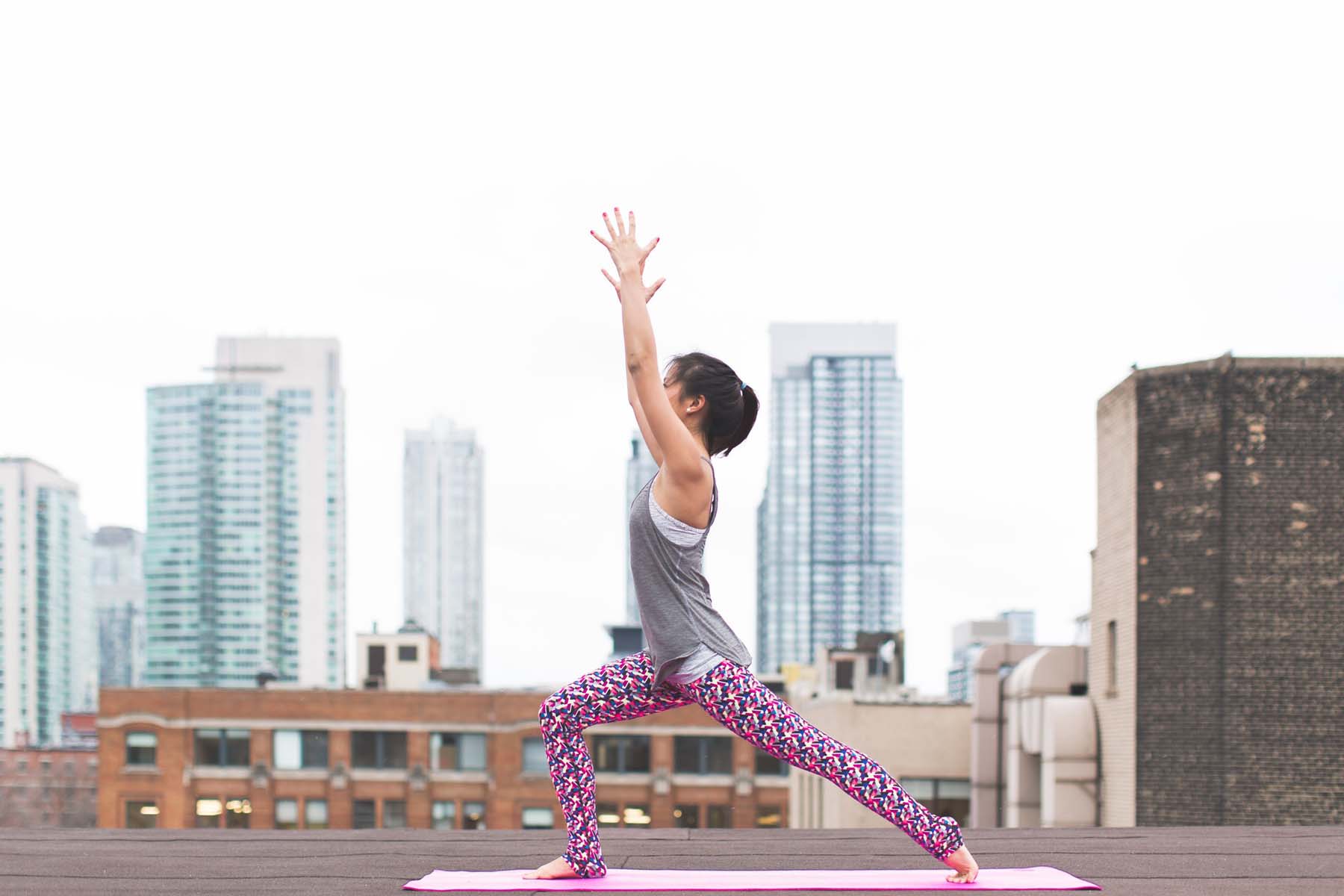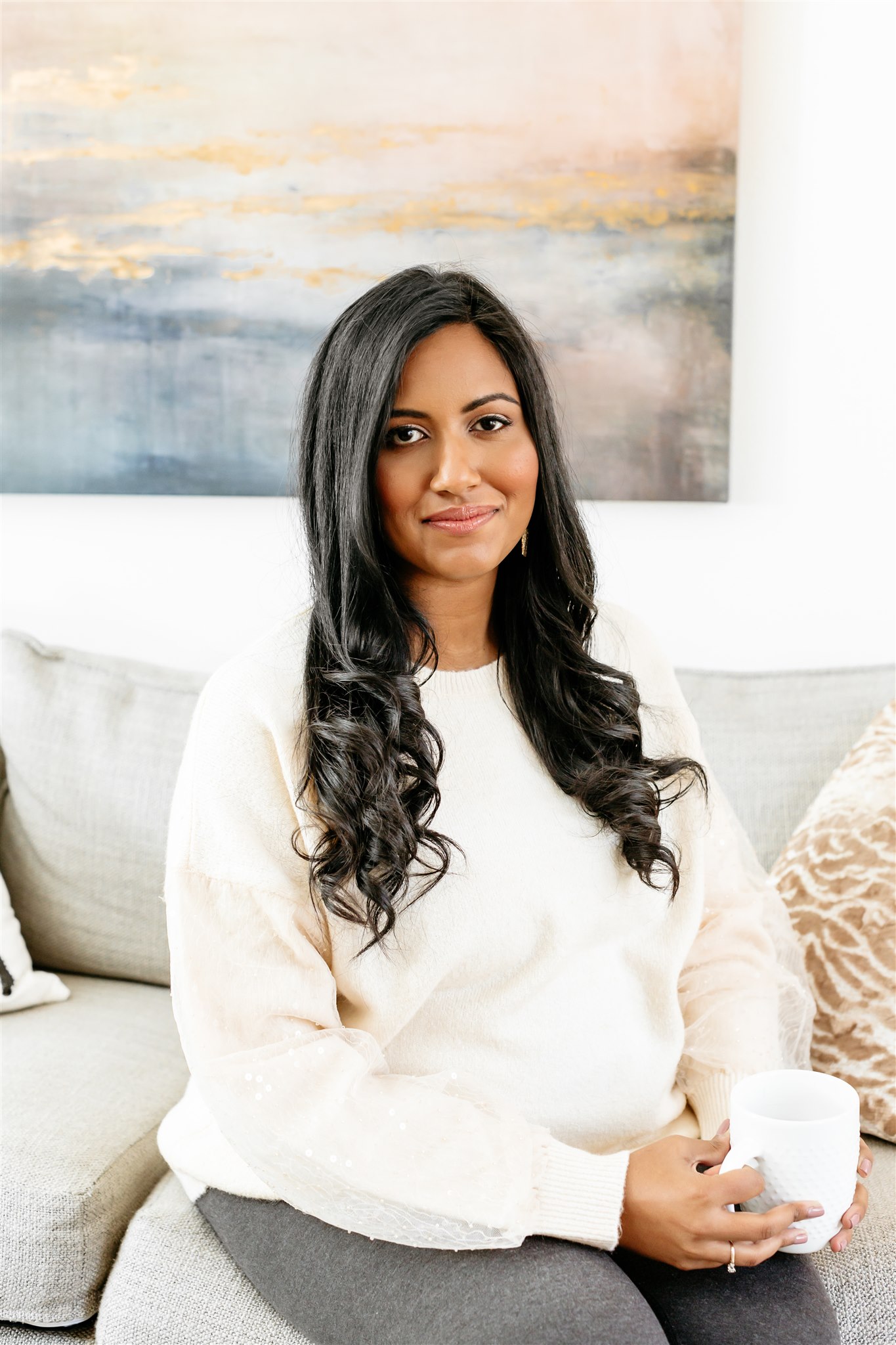
Self-care: I don’t really like yoga and other confessions
June 29, 2017

When I tell people I’m a therapist, that too an Indian-American therapist, it is often assumed that I a) have this whole self-care thing figured out, and b) just can’t get enough of yoga. In truth, I’m not sure that yoga is my thing and self-care is something that I consistently grapple with.
Let me start out by saying that this isn’t going to end in a list. I’m not going to guarantee an improvement in your mental or physical health through the application of one singular practice or action. I’m not going to convince you to try a life-changing goji berry and flaxseed blah blah blah energizing smoothie. The internet has plenty to offer on that front, just search #selfcare and eat your heart out. I spend plenty of time with lists. I have lists of breathing exercises, stress relievers, tips, and even apps. I regularly talk to my clients about self-care. I remind over-achieving teens and stressed out moms alike to carve out time for rest and relaxation. The list won’t help, but your attitude toward self-care will. All I am here to do is start a conversation that will hopefully help you reevaluate what self-care means to you.
“Self-care” has become a popular concept in recent years. Clients ask me how they can improve their self-care. Professors remind us to engage in self-care throughout our doctoral coursework, warning us of the dangerous potential for burnout and fatigue. Our training directors remind us that ethical counseling practice involves self- care, for we cannot be present and mindful with our clients if we are sleep-deprived and wiped out. Our partners (who, as a colleague noted, “should receive honorary degrees for standing with us through our PhDs”) gently remind us of self-care, urging us to put the laptop down and eat a meal.
Self-care is anything but a one-time act. It is a mindset and a process.
Why am I writing this? Partly because I’m tired of being my own self-care disappointment. I’m tired of feeling like I need to check self-care off a list to prove that I am a balanced and stable human. I am tired of feeling the need to completely alter my routine to accommodate something that does not feel genuinely helpful to me. Social media tells me that hot sweaty yoga and matcha lattes will be the answer to all my needs. Television tells me that if I’m not seeing my friends for a girl’s night once a week, I’m miserably failing my twenties and turning into a workaholic/old maid. But really, self-care is supposed to be focused on ME. This means focusing on my own mind and body, my tastes, my needs.
For me, it’s the music I play in the car on my commute. It’s the dish I attempt to make without a recipe with jazz softly playing in the background. It’s the phone call I make to a faraway friend, just to say hello and catch up. It’s the request I ask for help without feeling like a burden or ashamed because I am acknowledging my human existence and my need for support.
I am also learning that self-care can be the tiniest detour. It can start with the smallest decision. For instance, it can be the first attempt at setting a boundary in an unhealthy relationship. It can be a choice to wake up at sunrise and begin the day with a brisk walk. It can be a list of positive affirmations written in expo marker on the bathroom mirror. It can be a mantra you whisper to yourself when you’re stressed. I can do this, I can do this.
“Self-care” will be another way you glorify your busy life if you let it.
If you know me at all, heck, if you’re even an acquaintance of mine, you probably know that I’m a busy person. I will admit to the internet right here and right now that I sometimes “hide behind busy”. I wear many hats as a therapist and student. I sometimes balance a yogurt in one hand in the school drop-off line, about to rush off to a meeting that absolutely, most certainly could have been scheduled later. I have fallen into that familiar trap of being glued to my phone because that one email (which inevitably turned into several) just couldn’t wait. If you know me at all, you might be wondering why I of all people would dare offer any insight on the subject of self-care.
Part of self-care, at least for me, has been learning to let go of the goals, expectations, achievements, image, and standards I set for myself, even if just for a designated period of time. When I am engaging in self-care, I am not a student, or parent, or partner, or friend. I am all of these, and perhaps none of these. I am just me. I am me with an intent to focus solely on myself and my well-being. I am realizing that I cannot take on any of the aforementioned roles without investing in myself. I can’t be anything for anyone if I’m not even there for me. This means that self-care, contrary to what the words might indicate, can be a little inconvenient at times. It doesn’t always fit perfectly into my relationship, my work, or my schedule, but it’s crucial to my health. It is a small investment with an amazing return.
If you’re a busy body, a schedule fiend, a workaholic, etc. try to reframe your idea of self-care. Try to avoid setting lofty expectations, but make small and achievable goals that will help you feel rewarded and successful. If you don’t tune in to your own needs, your self-care routine could easily become one more thing to check off the ol’ to-do list. Keep this in mind: self-care doesn’t need to be a new gym membership or a monthly stand-in date at the spa. It doesn’t need to be a hobby you promise to get into, but feel utterly disappointed when it fizzles out. It does not need to be elaborate, fancy, or expensive.
So, as we embark on this quest to reframe our idea of self-care, let’s start with a decision. Let’s accept that we are valuable. Let’s understand that we are worthy of the same time and attention we probably offer those around us. We matter. Our mental health matters. Our sanity matters, and if you don’t really like yoga, don’t worry. Your secret is safe with me.
Learn more about implementing self-care by contacting The Montfort Group in Plano today.
accept
We use cookies to improve your browsing experience and ensure the website functions properly. By selecting 'Accept All,' you agree to our use of cookies.
© Tmg XXXX
Brand & Website by Writefully Said
Contact our office:
The Montfort Group is a highly-trained team of professional therapists in Plano, TX providing counseling and support for individuals, couples, teens, and families.
Stay Connected
Schedule Now
